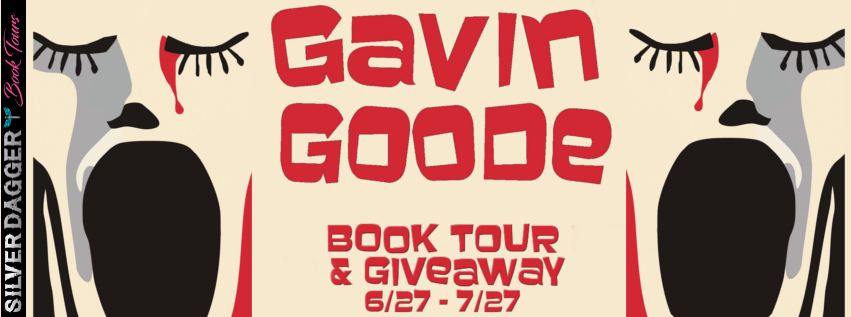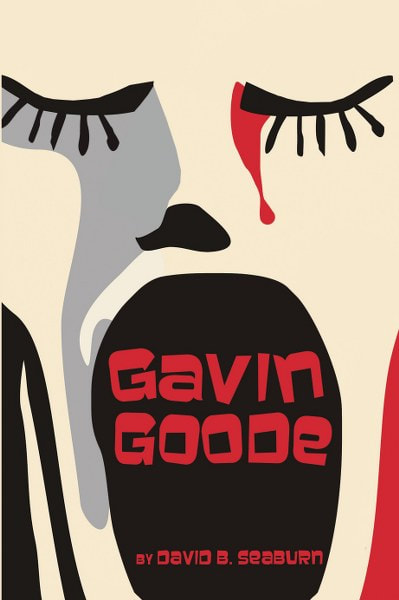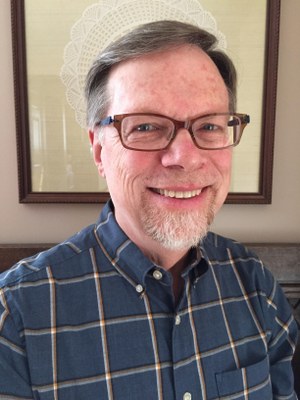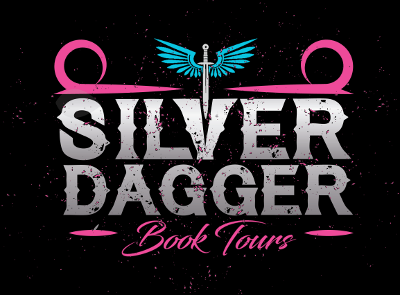My Writing Process
David B. Seaburn
When
I start writing a new novel, I never know how it’s going to end. I trust that
the impetus to move forward, usually a feeling that is difficult to articulate,
will be enough to I get the journey started. Although I am going out not
knowing exactly where I’m supposed to go, I am not going blind. I have
well-developed character profiles and life circumstances in which to put them
that will stimulate the kind of conflict that makes for good narrative.
In
the process, I discover what the themes are that I am working with. This may
seem counter-intuitive, but I often don’t know what I’m writing about until I
start writing. The writing process is always one of discovery. And this
purposeful not-knowing gives writing an energy and serendipity that is
remarkably generative. I feel like I am not just the creator, but the created,
changing through the writing process as much as my characters change.
It
is exciting to know that for the next 14-18 months I will sit alone with these
characters and wrestle with issues, dilemmas, and conundrums that are important
to me, and, I hope, to the reader. The beginning phase is expansive as the
characters develop and their options are wide. Somewhere past the midway mark,
though, those options narrow, as it become clear that there are some thing the
characters would do and some they would not. In a sense, the characters exert
as much influence over the story as I do. The end of the story comes to me
first as something intuitive, a feeling, a sense that I am on the final leg of
the journey even though I may not yet have words for what it will be. Often it
is in the last fifty pages that the end will take form and words will coalesce
into final scenes, paragraphs and sentences.
Of
course, that is not the end. Editing before publication may go on another year
or more. The drafts get shorter, tighter and more to the point.
In
terms of my writing routine, I don’t write every day, which is to say I don’t
sit in front of my computer every day. But when I am working on a novel, I feel
like I am always writing; that something is at work in my mind even when I am
not trying to put it down in words. I often edit as I go, reworking sentences,
paragraphs, scene choreography, even characters. I like to have a well-crafted
chapter before I go on to the next, even though the whole thing may change
later. I have an office downstairs where I am surrounded by books and quiet. In
the summer, though, I prefer to write on our screened-in porch.
I
rarely have writer’s block. I think this is because I have accepted that I not
only don’t know, but I don’t have to know where I am going in order to write
productively.
Gavin
Goode
“I don’t know
how, and I don’t know why, but I think I died today.”
So begins the
complex and mysterious journey of Gavin Goode and his family. What
happened to Gavin and why? What secrets will emerge along the way?
Frankie, his wife and a dress store owner, feels guilty, but why? His
son, Ryan, who owns an ice cream parlor, and daughter-in-law, Jenna,
who is a bank manager, are expecting their first baby. How will this
trauma affect them? And what of Rosemary, Frankie’s best friend? Or
Ben Hillman and eleven year old, Christopher? How are they implicated
in the events that unfold around Gavin’s misfortune?
This is a story of
despair and hope, dreams and reality, uncertainty and faith,humor,
secrecy, forgiveness and beginnings. As in his previous novels, David
B. Seaburn demonstrates his in-depth understanding of the human
experience and his storytelling mastery.
In
2010 I retired after having been the director of a public school
based free family counseling center.
Prior
to that I was an Assistant Professor of Psychiatry and Family
Medicine at the University of Rochester Medical Center for almost
twenty years. During my tenure there I taught in a Family Medicine
Residency Program, practiced Medical Family Therapy and was the
Director of a Family Therapy Training Program.
In
addition to this I am a retired Presbyterian minister, having
graduated from seminary (Boston University) in 1975. I served a
church full-time from 1975-1981 before entering the mental health
field permanently. I am married; we have two adult daughters and two
wonderful granddaughters.
My
educational background includes two master's degrees and a PhD. Most
of my career was as an assistant professor of psychiatry and family
medicine at the University of Rochester Medical Center. There I wrote
two professional books and over 65 papers and book chapters.
In
addition to long fiction, I write personal essays, many of which have
been published in the Psychotherapy Networker magazine.
I
also write a blog, "Going Out Not Knowing," for Psychology
Today magazine
(http://www.psychologytoday.com/blog/going-out-not-knowing).
Follow
the tour HERE
for exclusive excerpts, guest posts and a giveaway!









No comments:
Post a Comment